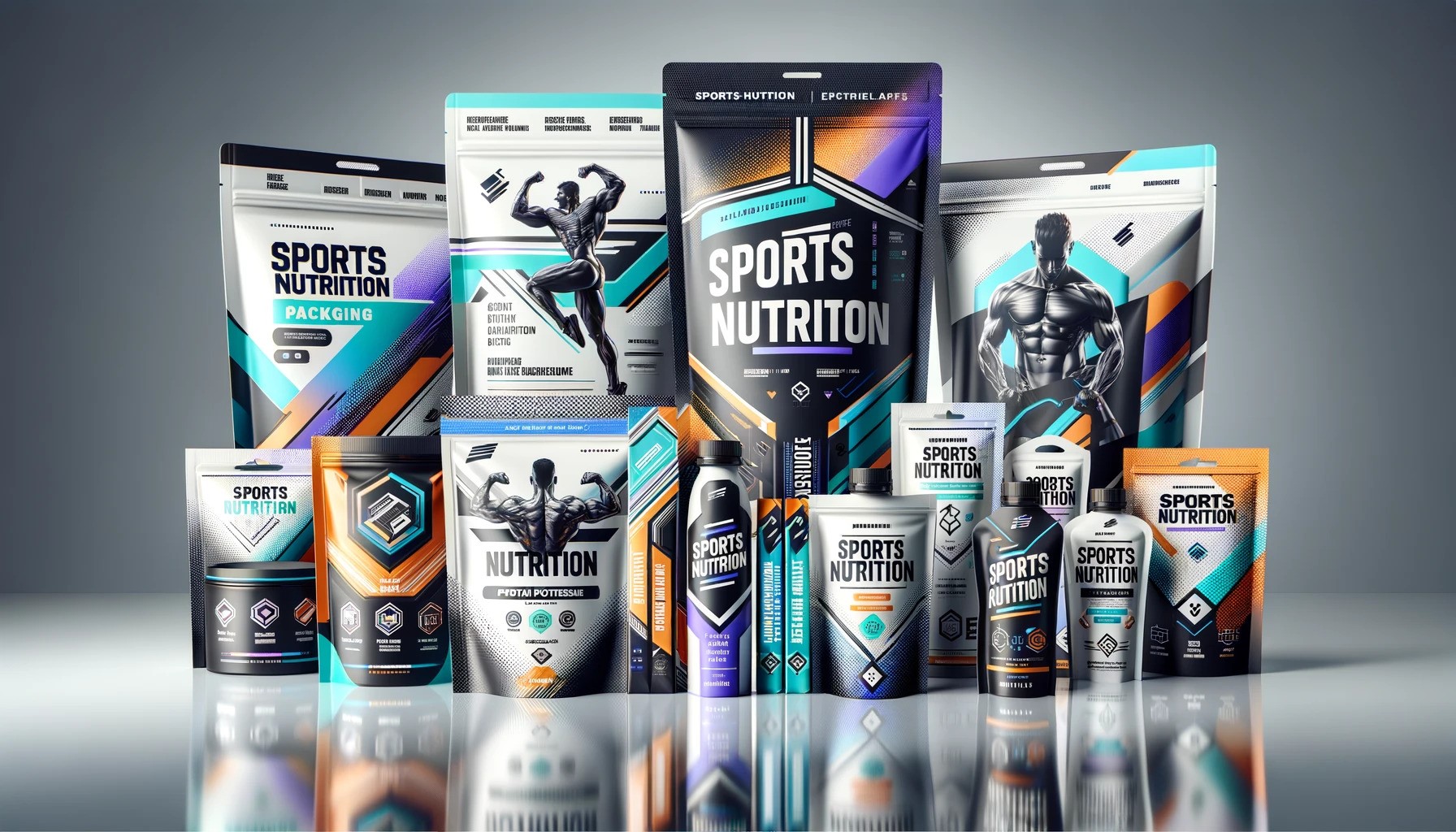


Nowadays, people pay a lot of attention to their health. They consume supplements regularly to improve health, help the body fight some viruses, and nourish the organism with nutrients and vitamins. However, they require compliance with specific storage terms to preserve quality and shelf life and ensure benefits to health.
Food supplements come in different forms, like powder, liquids, or pills. Depending on the consumption form, different storage conditions are required. Yet, compliance with storage requirements helps increase product effectiveness and save money.
In the article, we’re going to discuss how to store them correctly and highlight all the related subtleties.
When producing supplements and packing them for shipment and purchase, manufacturers use the best wrapping solutions that are able to protect the content from external aggressors and preserve freshness throughout the shelf life. This is why it’s necessary to store supplements in their original packages.
Plastic is the most common material for packing and storing supplements. Since the modern packaging industry offers a wide assortment of plastic wrappers, it’s possible to pick a suitable option for any type of product. The main requirements set for wrappers are to be safe for humans and not emit poisonous substances. Plastic bottles are sealed to prevent any contact of the content with external factors. However, another important parameter is sustainability. Modern manufacturers try to switch to high sustainability by using eco-friendly vitamin packaging. Such covers can be recycled or reused, which decreases the level of contamination and impact on Earth.
If you need dietary supplements packaging, you can find it on the website. A wide range of high-quality options is offered. Clients get custom solutions with unique wrapper designs for their brands.
Environmental aggressors can significantly affect the freshness and shelf life of supplements. By contacting moisture, powder can lose its physical properties and nutritional value. Thus, temperature comes as a crucial factor for supplement shelf life. The violation of the optimal temperature leads to the following consequences:
In most cases, supplements do not require freezing and are stored at room temperature. If other storage conditions are required, manufacturers provide instructions on how to store them correctly, so make sure to read them through.
Light comes as an aggravating factor for edible products, including supplements. It can lead to component degradation. Thus, sustainable vitamin packaging does not let light go through, protecting the content and its physical stability.
Containers and bottles are kept closed tightly to prevent moisture penetration. Too high humidity can change the physical state of pills, disturbing their effectiveness and quality. For this reason, it’s not advisable to put wet hands into bottles.
Air is another negative factor that can spoil the product quality. Constant exposure to the airflow makes supplements change their physical features.
If you want to get the most from consumed supplements and ensure a high effect on the body, you need to store products correctly. Follow the next tips to guarantee the most effectiveness:
To sum up, food supplements and vitamins require meeting particular storage conditions to preserve effectiveness, nutrient absorption, and quality. Eco-friendly protein powder packaging is made from plastic and comes as the best solution for this class of products. Such containers meet the above-mentioned criteria, guarantee safety during delivery, and preserve freshness during the entire shelf life. Remember to find the best place to store such products to prevent premature spoilage and achieve the desired effect.